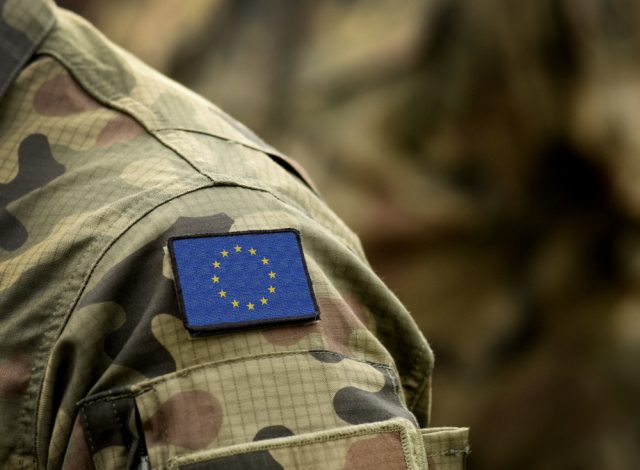
The issue of defense in Europe is one of the priorities of the common European policy, also provided for in the Treaties made at the birth of the European Union itself. Defense policy appears to be central in a context, such as today’s, in which the security of citizens is often subjected to dangerous events, of various kinds and which can harm people’s integrity and health.
The European Union to date has no army of its own. Nevertheless, defense remains a national and supranational responsibility. At the European level, the EU institutions support all member states to jointly buy, develop, and operate new assets. All this saves money economically and implements cooperation at the NATO level.
As a key sector within the European family, defense policy can also boast a specific institution that deals with the sector specifically. That institution is
the European Defense Agency (shortly, EDA), which is an intergovernmental agency of the Council of the European Union. This agency follows the guidelines and directions given to it by the Council of the European Union itself, with which it is among other things obliged to report on its actions.
It was founded on July 12, 2004 precisely with the goal of promoting defense collaboration within the European Union. The EDA acts as a catalyst, promoting collaborations, launching new initiatives and introducing solutions to improve defense capabilities. Specifically, the task of this specific European agency is to support defense capability development and military cooperation among European states, stimulate defense research and technology, consolidate the European defense industry, and, finally, serve as a military interface with EU policies. The EDA has a key role, in short, in EU defense and security policy.
Currently the head of the agency is Josep Borrell, appointed in December 2019. The chief executive officer from March 2020 is Jiří Šedivý.
That said, the EU defense field has made some progress in the recent period.
In particular, it is recent news that several member states have signed European Defense Agency project agreements regarding the collaborative procurement of chemical, biological, radiological and nuclear (so-called CBRN) equipment and for soldier equipment.
Eight European Union member states signed two project agreements at the end of July. These agreements lay the groundwork for the joint procurement of CBRN equipment such as masks, filters and suits, as well as for the joint procurement of soldier equipment such as helmets and ballistic vests.
In this procurement process, EDA will act as the contracting authority. The whole process would have as a result the choice for Member States to place orders from then on. The arrangements, in particular, which are flexible and inclusive in nature, allow all Member States to join the initiatives at a later stage.
Such agreements highlight the high interest in defense on the part of member states. This signing thus sends an important signal that there is a willingness to engage at the European level to meet critical military needs.
These two new project agreements follow on from what happened in March, which was the signing of EDA’s agreement for the joint procurement of 155 mm ammunition, which was based on the work of the Defense Joint Procurement Task Force-composed of EDA, the European External Action Service, the EU Military Staff, and the European Commission-along with member states to identify critical shortfalls.
In fact, in March as many as 25 states signed the EDA project agreement regarding collaborative ammunition procurement. Last March’s draft lays the groundwork for a two-year fast-track procedure for 155 mm artillery rounds and a seven-year project to acquire multiple types of ammunition. Signatory states include Austria, Belgium, Croatia, Italy, Cyprus, the Czech Republic, Estonia, Finland, Spain, France, Germany, Greece, Latvia, Lithuania, Luxembourg, Hungary, Malta, the Netherlands, Poland, Portugal, Romania, Slovakia, Slovenia, Sweden and Norway have signed, and in addition to these other member states have also expressed their willingness to join the initiative. The main goal of the project is to try to replenish the national stocks of member states and help Ukraine.
Recent actions carried out by EDA, both in March and July, highlight how the European Union is keen to collaborate, internally and externally, on defense and security issues. A need that has long been latent and has come to the fore with the outbreak of hostilities between Russia and Ukraine, a cause in which the eu is putting all its efforts, although there is still much work to be done.



 Subscribe
Subscribe